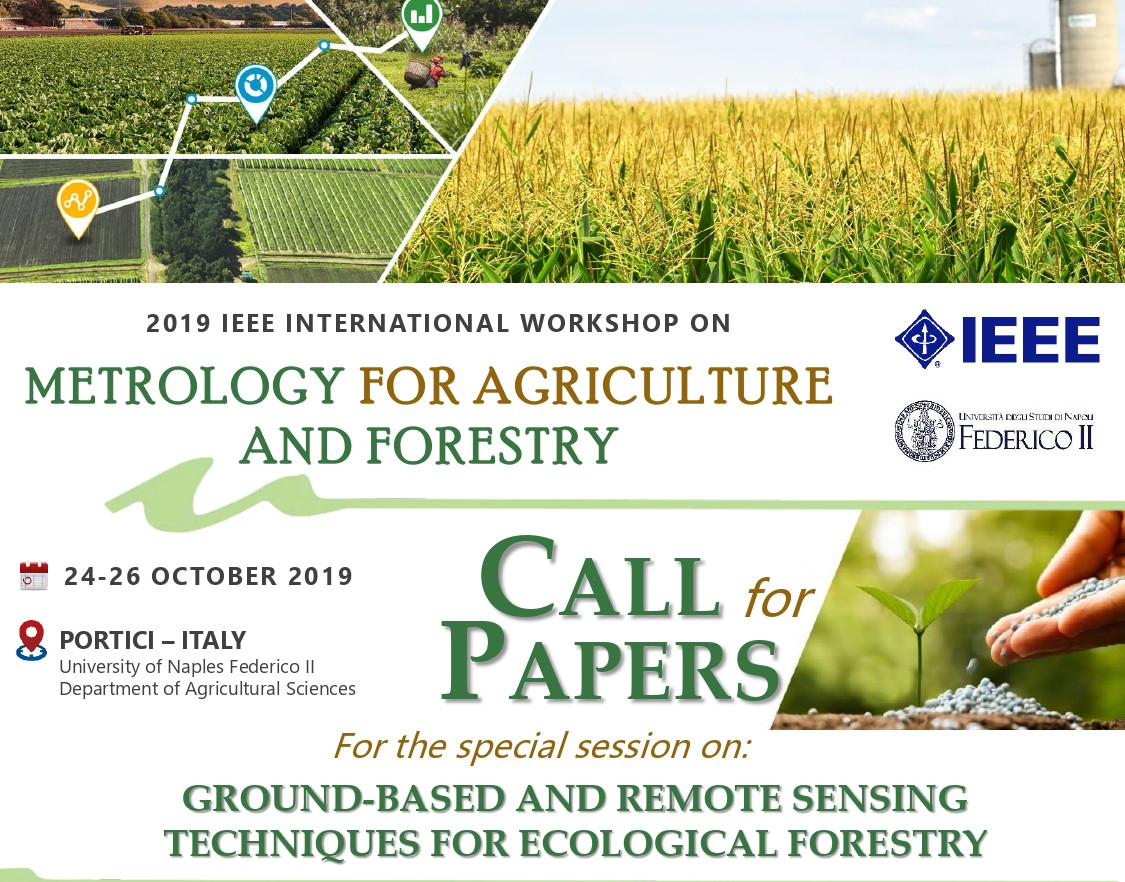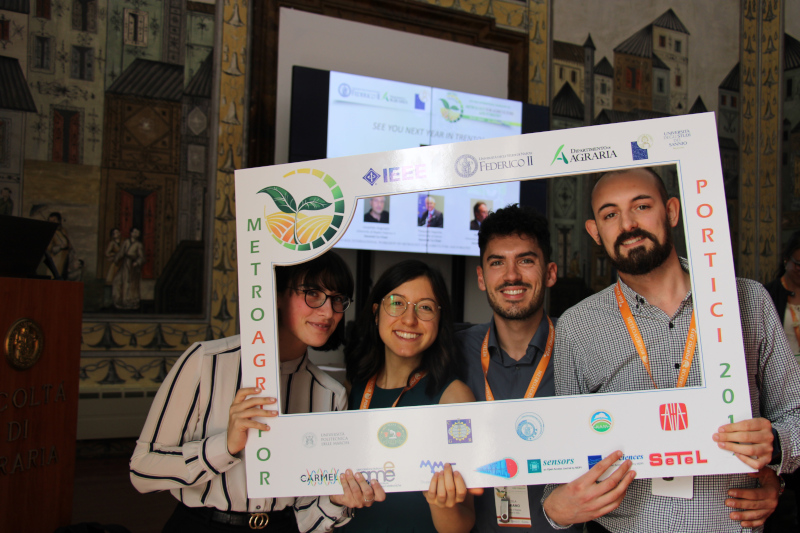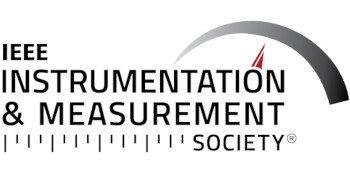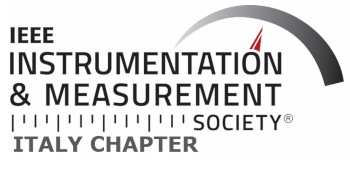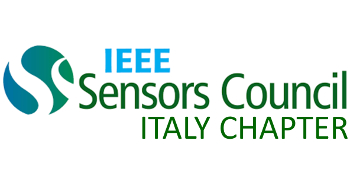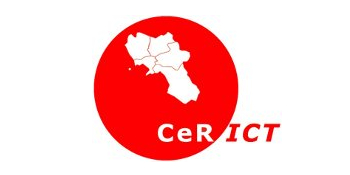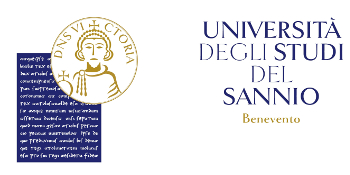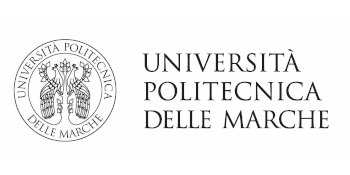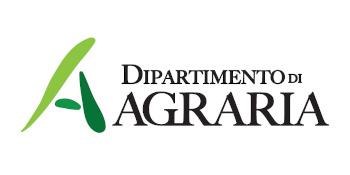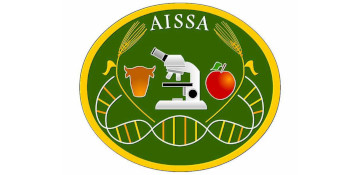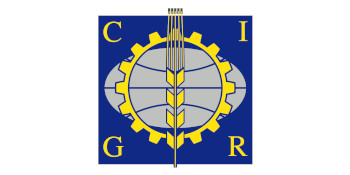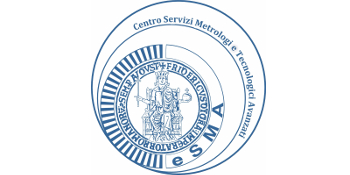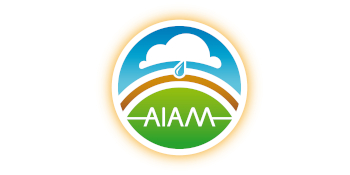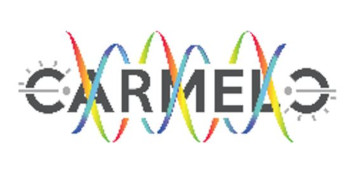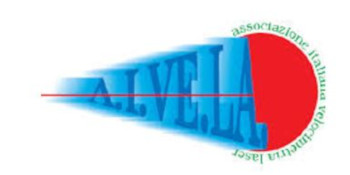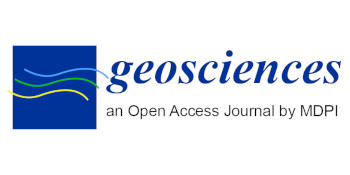Ground-based and remote sensing techniques for ecological forestry
ORGANIZED BY

Sergio Rossi
Département des Sciences Fondamentales, Université du Québec à Chicoutimi, Canada
Key Laboratory of Vegetation Restoration and Management of Degraded Ecosystems, Guangdong Provincial Key Laboratory of Applied Botany, South China
Botanical Garden, Chinese Academy of Sciences, China
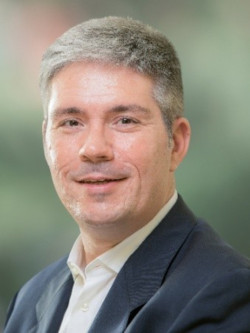
Carmine Maffei
Leicester Innovation Hub, University of Leicester, United Kingdom

Annie Deslauriers
Département des Sciences Fondamentales,
Université du Québec à Chicoutimi, Chicoutimi, Canada
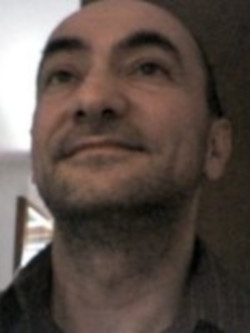
Vincio Carraro
Department of Land, Environment, Agriculture and Forestry,
University of Padova, Italy
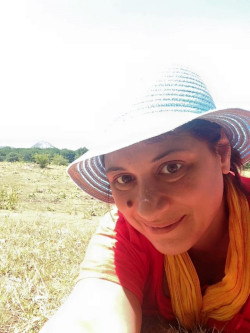
Emilia Allevato
University of Naples Federico II, Italy
ABSTRACT
Modern advances in sensor technologies, wireless communications, and software applications have simplified the development of multiple environmental sensors and sensor networks that can help the researchers in measuring, mapping and monitoring a wide range of single trees and/or forest parameters.
Remote and proximal sensing systems also provide a multitude of information about forest environment offering a great benefit since repetitive wide area coverage can be performed at a low cost and low time consuming.
These developing technologies, generating multiple line of information at high temporal and spatial scales allows a deeper understanding of physical, biological and ecological features of forest lands, supporting forest management and operations.
The aim of this special session is to collect the state-of-the-art research and the future challenges of leading scientists in these advancing technologies and their multiple application in forest environment.
Contribution must present innovative methods and approaches, or novel applications of existing tools.
TOPICS
Contributions on the following topics are welcome:
- Sensor networks;
- Multi-sensor systems;
- Wireless sensors;
- Sensor fusion;
- Signal processing;
- Mechanical and microelectromechanical systems (MEMS);
- Smartphone based sensors and apps for forest accessibility;
- Remote and proximal sensing;
- Biomass yield predictions, forest mapping and inventory, precision forestry;
- Short- and long-term environmental change, monitoring regeneration, regrowth, succession, encroachment, gap dynamics, invasive species;
- Assessment and monitoring of forest biophysical states, natural and human induced disturbances and damages: harvesting, forest fires, storms, insects, disease, drought, frost
- Forest conservation and sustainability;
- Functioning, phenology, and disturbance;
- Carbon monitoring;
ABOUT THE CONVENERS
Sergio Rossi, PhD in Forest Ecology. He is Professor of forest ecology at the Département des Sciences Fondamentales, Université du Québec à Chicoutimi (Canada).
His researches focus on quantitative ecology and ecophysiology, and in particular on modelling the complex responses of plants to multiple environmental factors and predicting the phenological adaptation of trees to climate changes. Investigations include long-lasting observations in permanent plots across wide alti-latitudinal ranges, manipulated experiments in nature, assisted migration of ecotypes, and experimental designs under strictly-controlled environments. His actual projects are related to the dynamics of tree growth and reproduction at local to global scale and how the effects of climate change on forest productivity can be taken into account by the new strategies of forest management.
Carmine Maffei is an aerospace engineer working at the Leicester Innovation Hub, in the earth observation research area, to identify new opportunities and solutions by bringing together academics and industry partners.
Main research interests deal with forest fire hazard mapping through the inversion of optical and thermal remote sensing data and the integration with ground meteorological measurements, analysis of the interactions between fire regime and landscape characteristics, MODIS based spectral index for the quantification of live fuel moisture content, time series analysis of land surface temperature from MODIS for the modelling of the conditional distribution of fire size.
Annie Deslauriers is Professor at the Département des Sciences Fondamentales, Université du Québec à Chicoutimi (Canada). Her researches focus on tree physiology and ecophysiology, and in particular on understanding the processes of wood formation in boreal and temperate environments.
Investigations include long-lasting observations in permanent plots across wide alti-latitudinal ranges, manipulated experiments in nature, and experimental designs under controlled environments in greenhouse and growth chamber. Her actual projects are related to the dynamics of tree growth and carbon allocation and how the effects of water stress and defoliation can affect the rate and duration of tree-ring growth and carbon allocation priorities.
Vinicio Carraro is Scientific Technician at Land, Environment, Agriculture and Forestry Department at the University of Padova, with expertises in measurement and control instrumentation for forest ecology research, such as homemade sap flow, thermal dissipation sensors and electronic dendrometers.
His main research interests deal with urban trees managing, trees water relation investigations and air pollution.
Emilia Allevato is currently with the Department of Agricultural Sciences, University of Naples Federico II as research assistant.
Her research interest is mainly devoted to short and long term forest history with main emphasis on both biotic and abiotic disturbances and anthropogenic impact. Her research has been carried out in the frame of several international projects and collaborations with worldwide interdisciplinary research groups (Europe, USA, Japan). Specific topics include: fire history, cultural landscapes, cultural biogeography and human impact on ecosystems.


